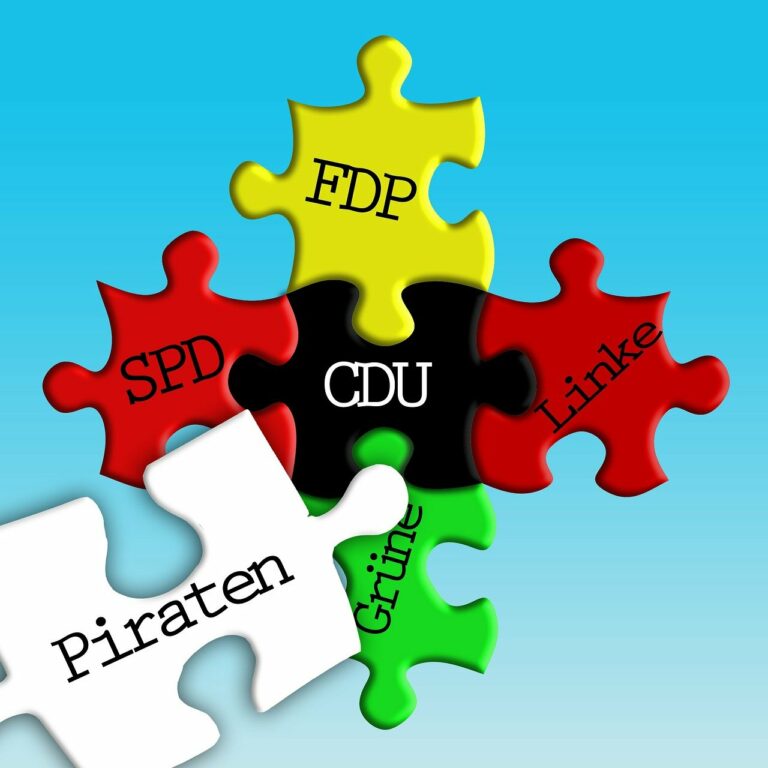Ensuring the Security of Election Auditing Software Systems
world7, mahadev book login, silverexch:In today’s digital age, election auditing software systems play a crucial role in ensuring the integrity and security of our electoral process. These systems are responsible for verifying the accuracy of election results, detecting any potential tampering or fraud, and providing transparency to voters and stakeholders. However, with the increasing threats of cyber attacks and vulnerabilities in software systems, it is essential to prioritize the security of election auditing software to uphold the trust and legitimacy of our democratic process.
Here are some essential strategies to ensure the security of election auditing software systems:
1. Implementing Strong Authentication and Access Control:
One of the first lines of defense in securing election auditing software is implementing strong authentication mechanisms. This includes requiring multi-factor authentication for users, restricting access based on roles and responsibilities, and regularly reviewing and updating user access rights. By limiting access to authorized personnel only, the risk of unauthorized access and potential security breaches can be minimized.
2. Encrypting Data in Transit and at Rest:
To protect sensitive data stored and transmitted by election auditing software systems, encryption is a critical security measure. Implementing encryption protocols for data in transit and at rest helps prevent unauthorized access to confidential information and ensures that data remains secure and confidential throughout the auditing process.
3. Conducting Regular Security Audits and Penetration Testing:
Regular security audits and penetration testing are essential to identify and address vulnerabilities in election auditing software systems. By conducting thorough security assessments, organizations can proactively identify potential security risks, address weaknesses, and enhance the overall security posture of the software system to prevent potential cyber attacks and data breaches.
4. Implementing Secure Coding Practices:
Adhering to secure coding practices is crucial in developing secure and robust election auditing software systems. By following secure coding guidelines, developers can minimize the risk of common security vulnerabilities such as buffer overflows, SQL injection, and cross-site scripting attacks. Regular code reviews and security testing can help identify and mitigate security flaws before they can be exploited by malicious actors.
5. Securing Third-Party Integrations and Dependencies:
Many election auditing software systems rely on third-party integrations and dependencies to enhance functionality and features. However, these integrations can introduce security risks if not properly secured. It is essential to vet third-party vendors, conduct security assessments of their software and services, and ensure that proper security measures are in place to protect against potential vulnerabilities and threats.
6. Establishing Incident Response and Contingency Plans:
Despite best efforts to secure election auditing software systems, security incidents and breaches can still occur. It is crucial to have robust incident response and contingency plans in place to effectively respond to and mitigate security breaches. By defining procedures for incident detection, response, containment, and recovery, organizations can minimize the impact of security incidents and quickly restore the integrity of the software system.
FAQs:
Q: What are the common security threats to election auditing software systems?
A: Common security threats to election auditing software systems include hacking attempts, malware infections, insider threats, data breaches, and denial of service attacks.
Q: How can organizations ensure the integrity of election auditing processes?
A: Organizations can ensure the integrity of election auditing processes by implementing strong security measures, conducting regular audits and assessments, enforcing data encryption, and establishing transparent and accountable auditing procedures.
Q: How can voters trust the accuracy of election auditing results?
A: Voters can trust the accuracy of election auditing results by ensuring that auditing processes are transparent, verifiable, and free from interference. Implementing secure election auditing software systems is essential to uphold the trust and legitimacy of electoral outcomes.
In conclusion, ensuring the security of election auditing software systems is paramount in safeguarding the integrity and trustworthiness of our democratic process. By implementing robust security measures, conducting regular assessments, and adhering to best practices in software development and security, organizations can strengthen the security posture of election auditing systems and protect against potential threats and vulnerabilities. Upholding the security and integrity of election auditing processes is essential to preserving the foundation of democracy and ensuring fair and legitimate electoral outcomes.







